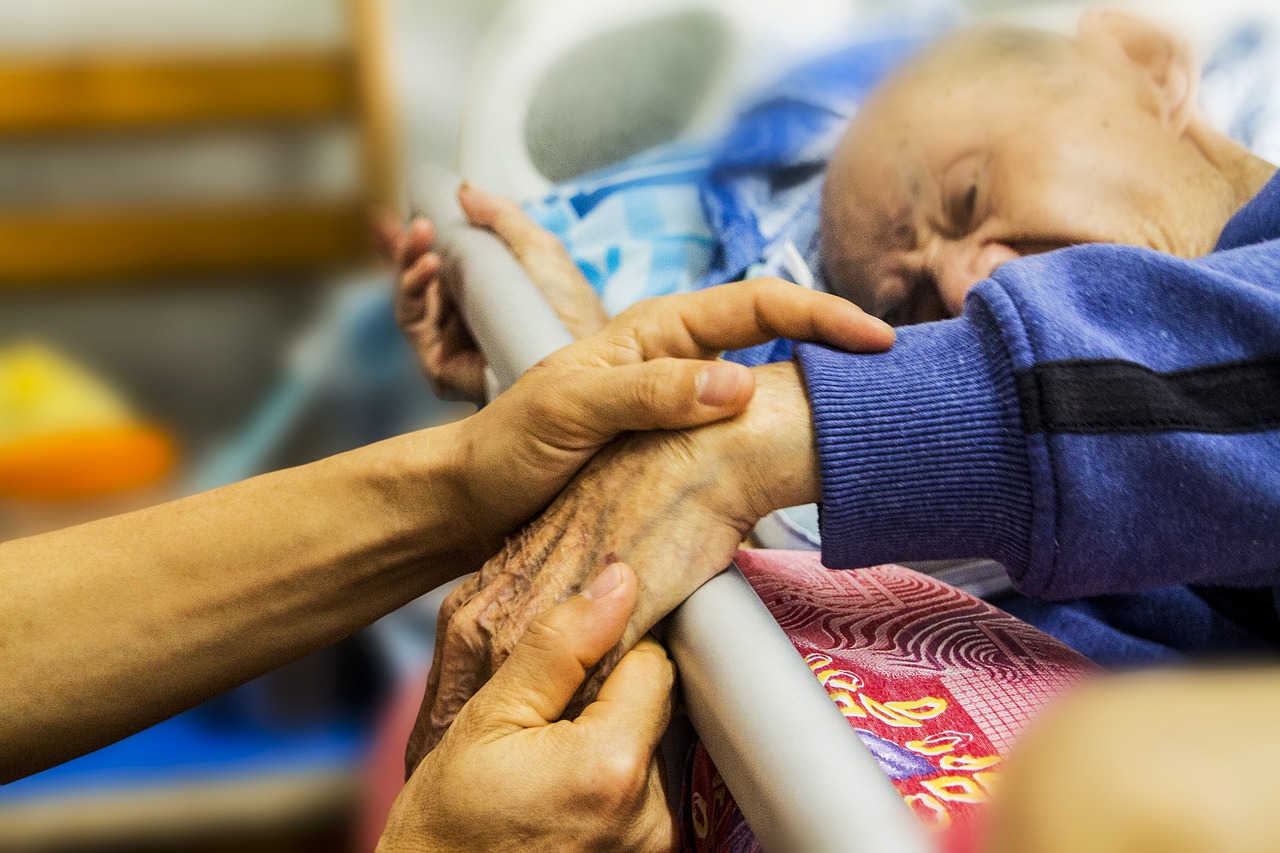Making a Realistic Plan for Self-Care

When caring for a loved one with a serious chronic illness, caregivers are often told to “take time for self-care.” It’s good advice, but the images of spa days and pedicures aren’t the most practical examples for someone burning the candle at both ends. Instead, caregivers need to make a more realistic-plan for self-care.
Of course, we’re not knocking the restorative powers of a good pedicure, but the important thing is to find realistic ways you can plan self-care into your everyday routine. Caregiving is demanding, and if you don’t take care of yourself, you’re not going to be able to care for someone else.

Realistic Suggestions for Self-Care
Create a routine.
Every day has its challenges, but it’s important to have a regular routine. It should include a plan for when you wake up and what time you’ll go to bed. Add in regular meal times. Work your caregiving tasks into the schedule along with what you need to accomplish in the rest of your life – whether that’s work, home, or childcare. Write it all down, so it’s clear. Set alarms or daily reminders until you build the habits of your new routine.
Build in some exercise.
One of the best ways you can care for yourself physically and mentally is by getting in some exercise every day. This can be a walk around your neighborhood or even walking in place in your bedroom. Not only does the exercise burn calories, it releases endorphins that can improve your mood. While you’re walking, think about ways to maintain a healthy diet, as well. It can be as simple as replacing potato chips with grapes for an evening snack. Small adjustments can lead to big results.
Express yourself.
Caregiving can be incredibly rewarding. It can also be exhausting, frustrating, and emotional. Don’t bottle up your feelings. Write them down in a journal or paint a canvas of your emotions. It may seem small, but it helps to get everything out of your head so you can start fresh.
Connect with others.
While you may never be alone when caring for someone else, it can still feel incredibly isolating. Find time to talk to a friend or a family member. It can be a phone call, a video chat, or a visit. These moments of connection can help more than you’d expect.
Ask for help.
We get it. You feel like caring for your loved one is your job, your responsibility. But that doesn’t mean you have to do it alone. Let friends and family know that you’d welcome a visit from them where they sit with your loved one while you take a nap, go for a walk, or run an errand. If family isn’t available, check with your religious community to see if volunteers are available. Your hospice team can also arrange for a volunteer to visit. Asking for help can be difficult, but it’s one of the best ways to take care of yourself and your loved one.
It's important to take care of yourself. Making a realistic plan for self-care will help you and your loved one. To learn more about how Crossroads Hospice & Palliative Care supports families, please call 1-888-564-3405.
If you found this information helpful, please share it with your network and community.
Copyright © 2022 Crossroads Hospice. All rights reserved.




